What makes a family? It’s a question I’ve asked myself repeatedly over the years, as my own needs and wants have shifted and morphed. As a child, family meant parents and siblings, aunts and uncles and grandparents. As a younger adult, it was about friends and partners. Now that I’m in my 40s, it encompasses all of those people—plus a child of my own. In short, family isn’t static: if you’re lucky, family takes the shape of what you and your loved ones need most at any given moment in time.
With me, as with most queer people, the idea of a chosen family resonates. But whether your closest bonds are with a family you built yourself or your original one, being intentional about forging and maintaining relationships can be invaluable, often in surprising ways. It’s what you’ll see in Xtra’s new nine part-series, Queering Family. You’ll meet families who are raising children in gender-neutral environments; a mother and daughter who want to help improve the lives of trans kids; a drag queen who’s become mother to a house full of drag daughters; a midwife specializing in queer conception; a nanny whose job helped them embrace their non-binary identity; and a handful of millennials at home with their crew. They are all people who’ve chosen to reflect deeply on the meaning of familial connection.
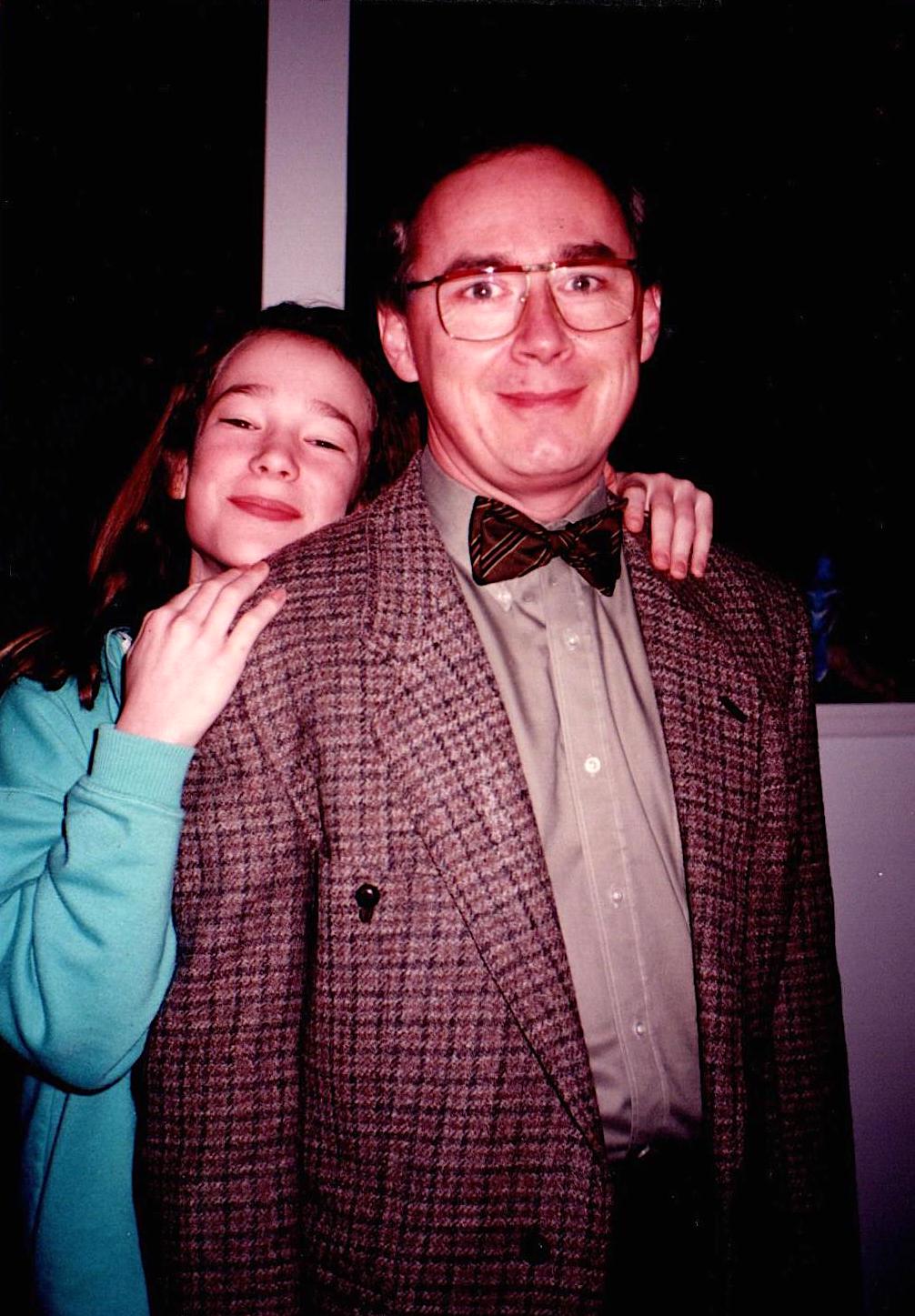
The author and her dad, circa 1990. Credit: Courtesy of Stéphanie Verge
In Queering Family, you’ll also meet my stepdad, a resident at the Rekai Centre at Wellesley Central Place in Toronto. Last year, the long-term care centre cut the ribbon on its Rainbow Wing for LGBTQ2S+ folks. Watching my father look after his partner in the final years of their life together has expanded my understanding of what it means to care for someone. It’s also prompted me to revisit how I see my dad. When I came out at 19, my father was still in the closet, and it has taken us decades to figure out how to communicate with one another in a way that feels fair to us both. There is no denying that we are better for each other, and to each other, now as openly queer adults. Witnessing how Evan Robins and her mother Tudor, the writers of our family guide to transitioning, support one another makes me wish my dad and I had developed the capacity to do the same much earlier.
The handful of years immediately following my coming out were the toughest to navigate with my parents and extended family. My support system during that time was largely made up of queers I’d met working in bars and restaurants in and around the Village in Toronto. My first bar job was as a busser at Crews and Tangos on Church Street; on night one, I was introduced to the legendary drag queen Chris Edwards, who exclaimed over my baby face, gave me a shot of Butter Ripple and wished me luck. I didn’t know her—or, in that pre-Drag Race era, anything about the culture—but even then, I could tell how important she was to the people in that bar. Levi Foy, a.k.a. drag performer Prairie Sky, is a pivotal part of both the drag scene and the Indigenous community in Winnipeg. His oral history of Prairie Sky’s family is a fascinating and moving deep dive into the bonds formed between a drag mother and her daughters.
Like Prairie Sky, I didn’t jump into parenting overnight. If my 20s were largely centred around a queer family of my choosing, my 30s and early 40s were focussed on building a family life as outwardly traditional as the one that raised me: love, marriage, house, dog, baby—in that order—but queer.
I started thinking about getting married around the time my parents were getting a divorce. It could be my contrarian streak, but watching that dissolution just made me want to double down. Then, in 2020, after seven years of marriage, my wife and I became foster parents to a baby girl. I’d spent nearly a decade wondering what parenting could look like for me, cycling through wanting to be an auntie to my friends’ kids, to considering fostering or adoption, to very nearly using a known donor’s sperm to get pregnant. As midwife and Queer Conception author Kristin Liam Kali says in their interview with Xtra health editor Ziya Jones, “Queerness refers to creating our lives in ways that serve us, rather than ways that are prescribed.” In my case, it took a while to figure that out.
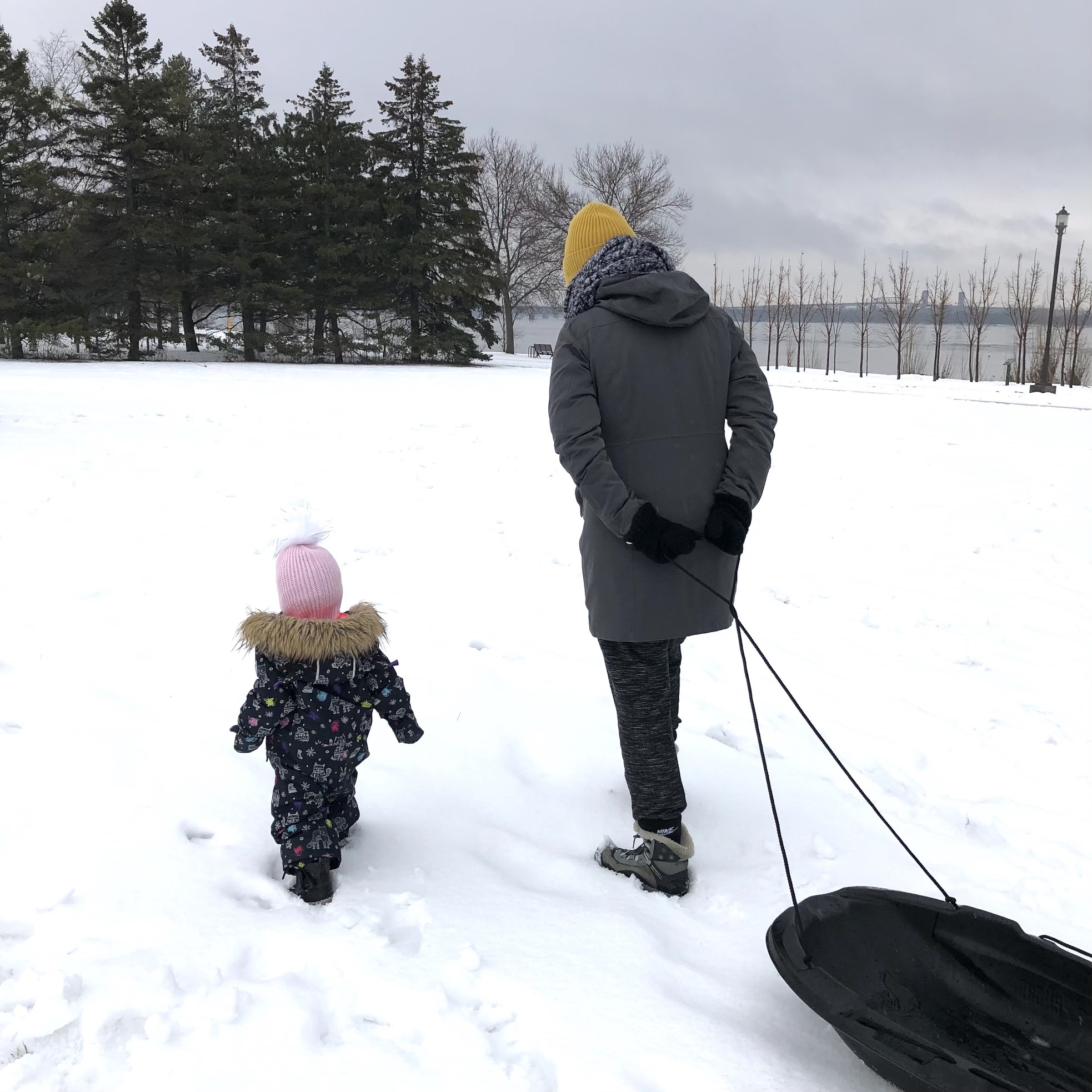
The author and her daughter. Credit: Courtesy of Stéphanie Verge
The spring day that we brought L. home—after panic-calling a friend to triple-check the car seat (!) in our new station wagon (!)—it felt like the culmination of a very long journey. Of course, it was just the beginning. Her arrival coincided with the early days of the pandemic; other than appointments with social workers and doctors, my wife and I were on our own with a two-month-old stranger. I learned more about myself (some good stuff, some bad) in those first few months than I ever had before and since. I also became keenly aware of just how crucial a support network can be. Although video calls and socially distanced walks couldn’t take the place of extra arms, I’m grateful to the friends who did what they could to step in during those first few months, and to still have their support now. As our daughter, who we adopted last year, grows up, we’ll continue to look to the queer, adoptive, Black and transracial families around us for guidance—and hopefully be able to offer the same.
As for the family that raised me, well, I now consider them chosen, too. When it was necessary, different members moved away and grew apart, but then came back together—intentionally. There’s that word again. Intentionality is key to what makes queer families tick. In a family that was, to my parents’ quiet dismay, childfree for so long, there are now two kids: my daughter and her cousin (my queer younger sister’s stepdaughter). Between the two girls, they have five moms, something my sister and I could never have imagined for ourselves growing up. As you’ll see repeatedly over the course of this series, family is indeed what you make of it.
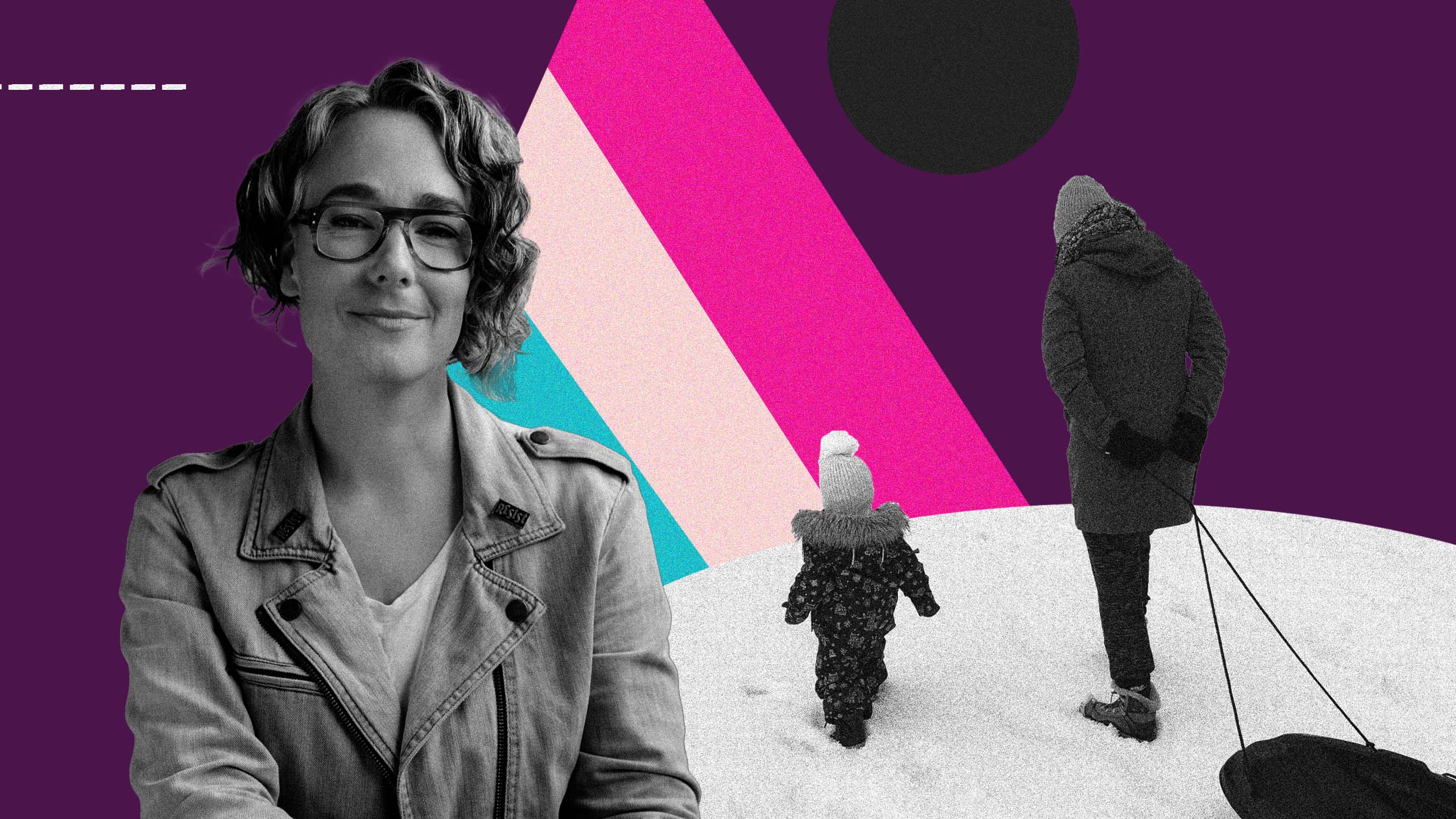
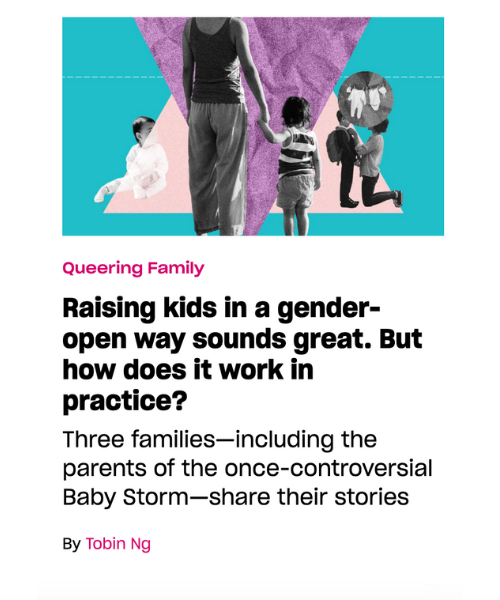
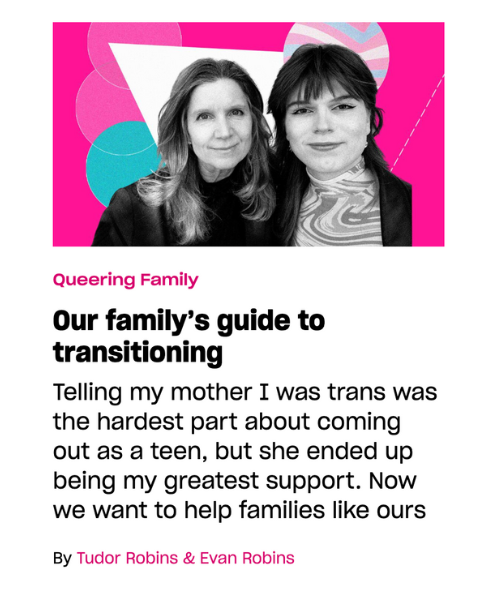
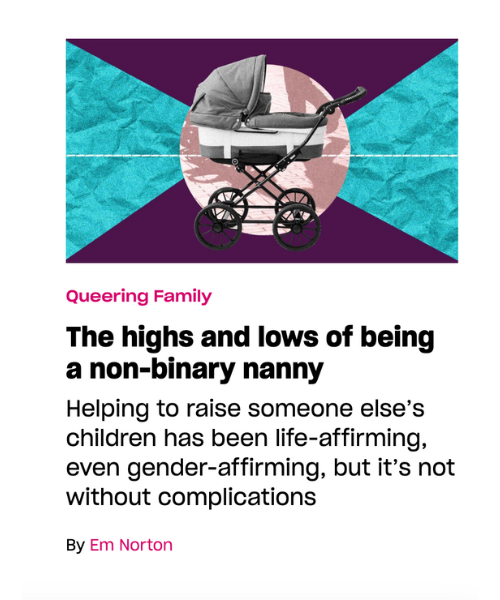
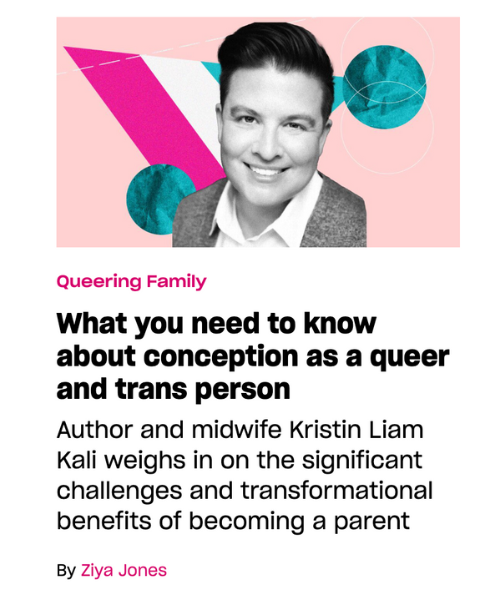
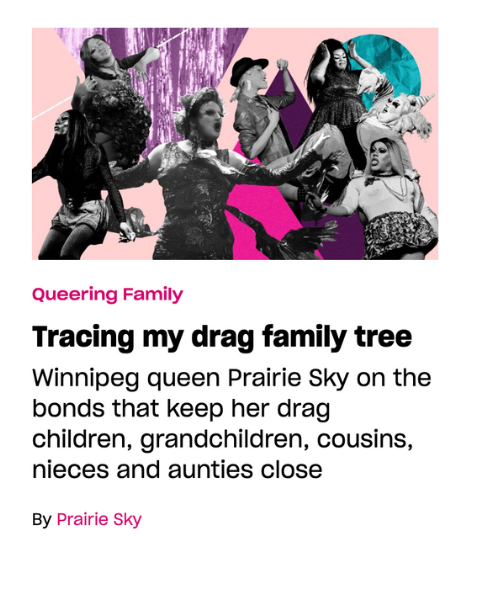
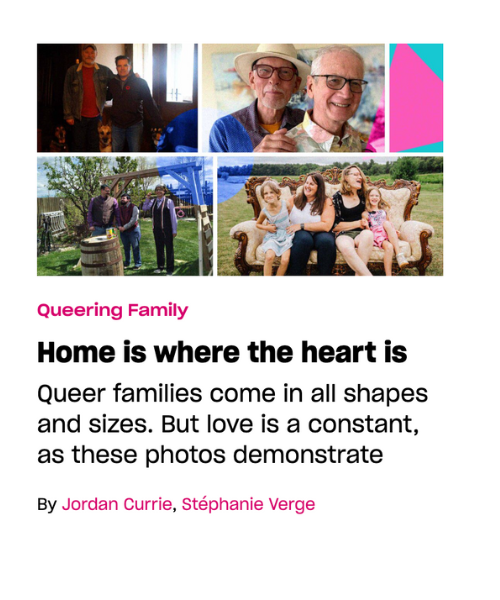
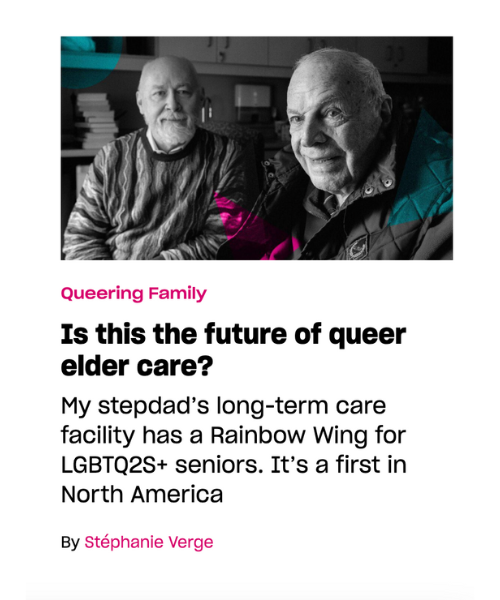
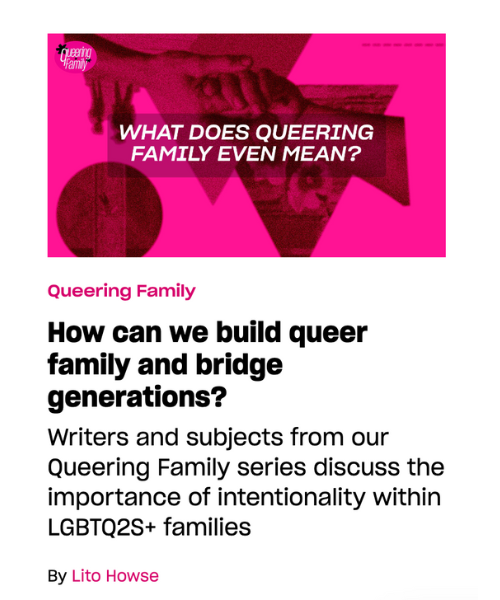
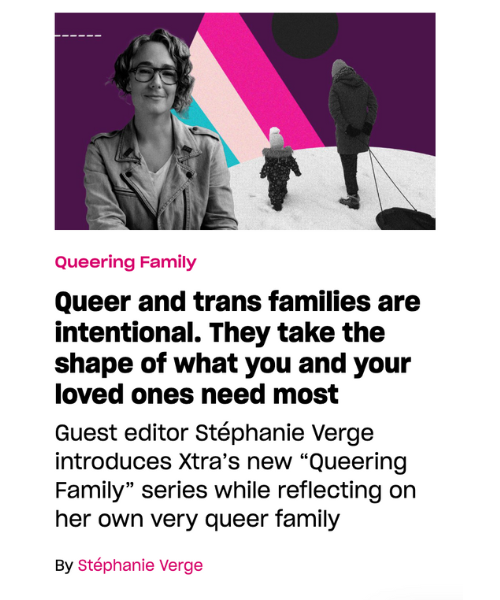

 Why you can trust Xtra
Why you can trust Xtra


